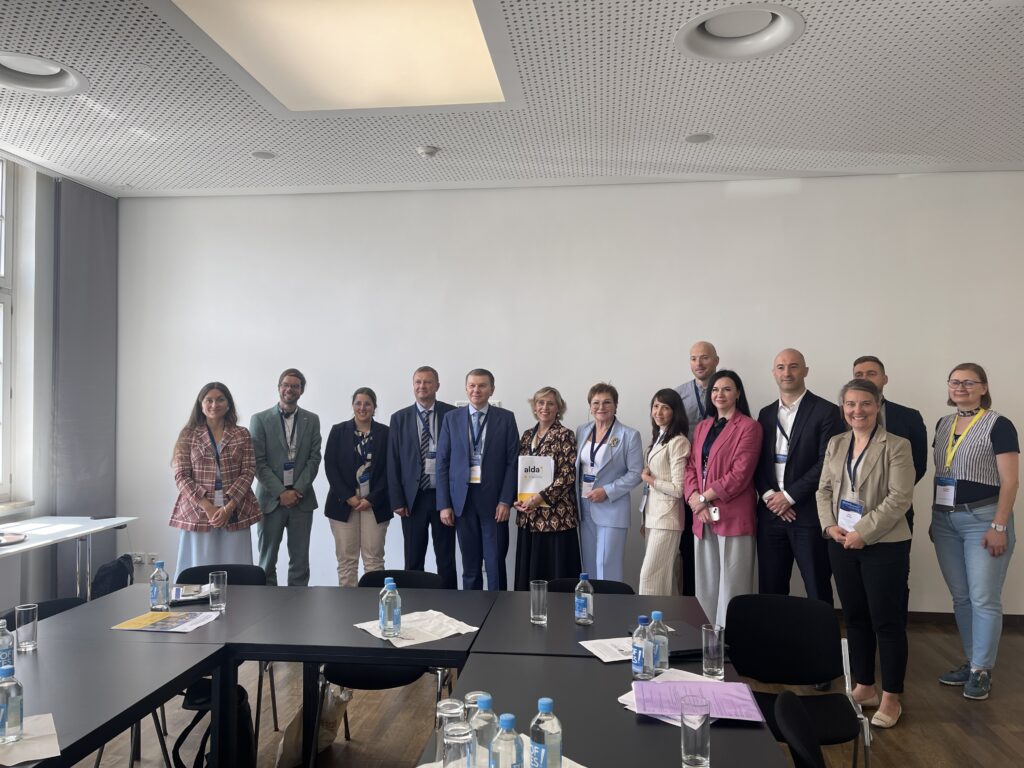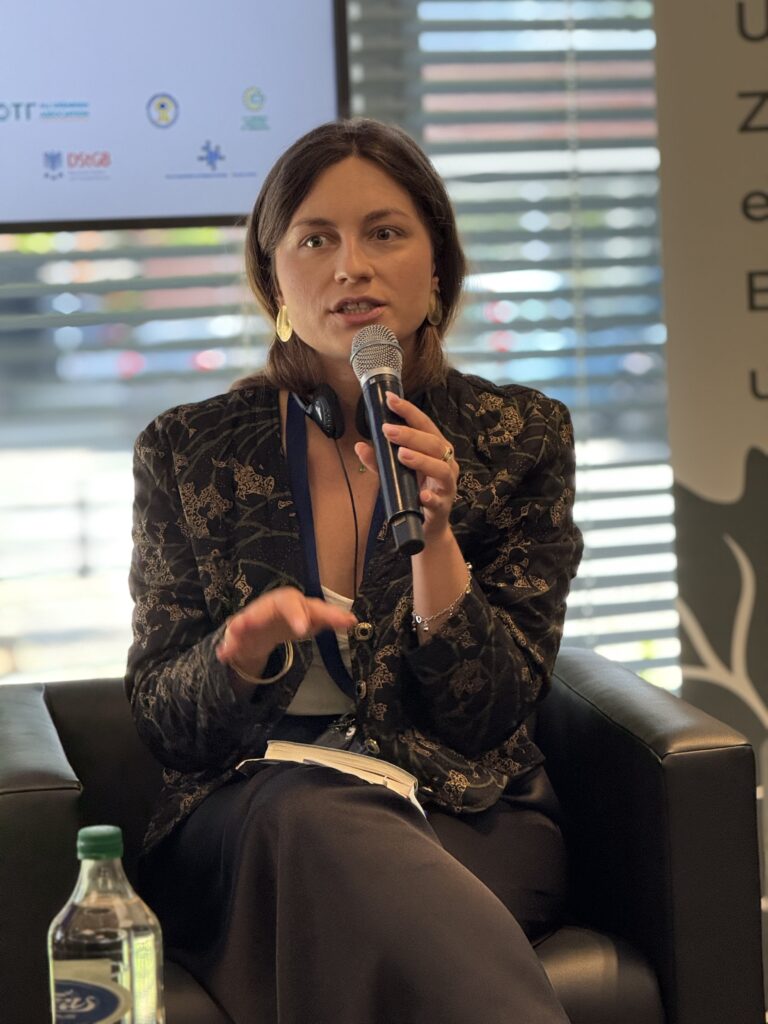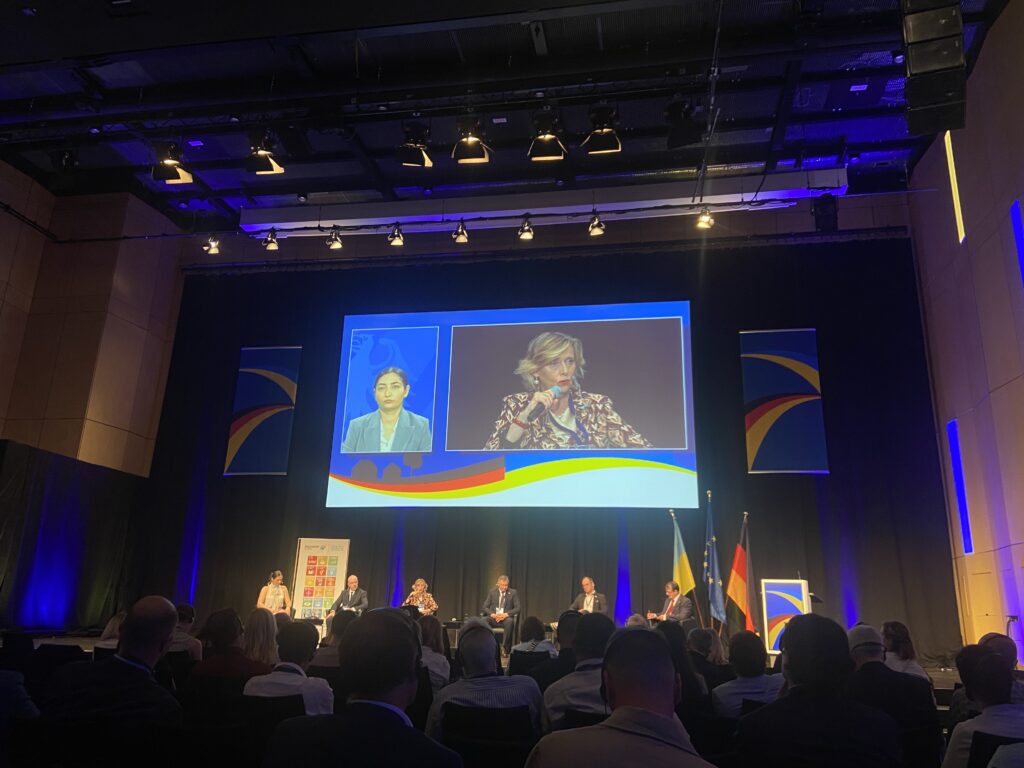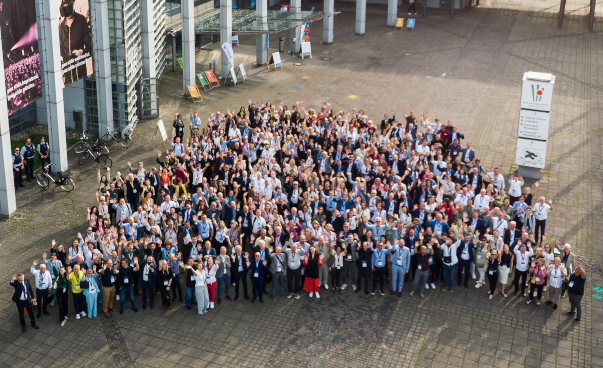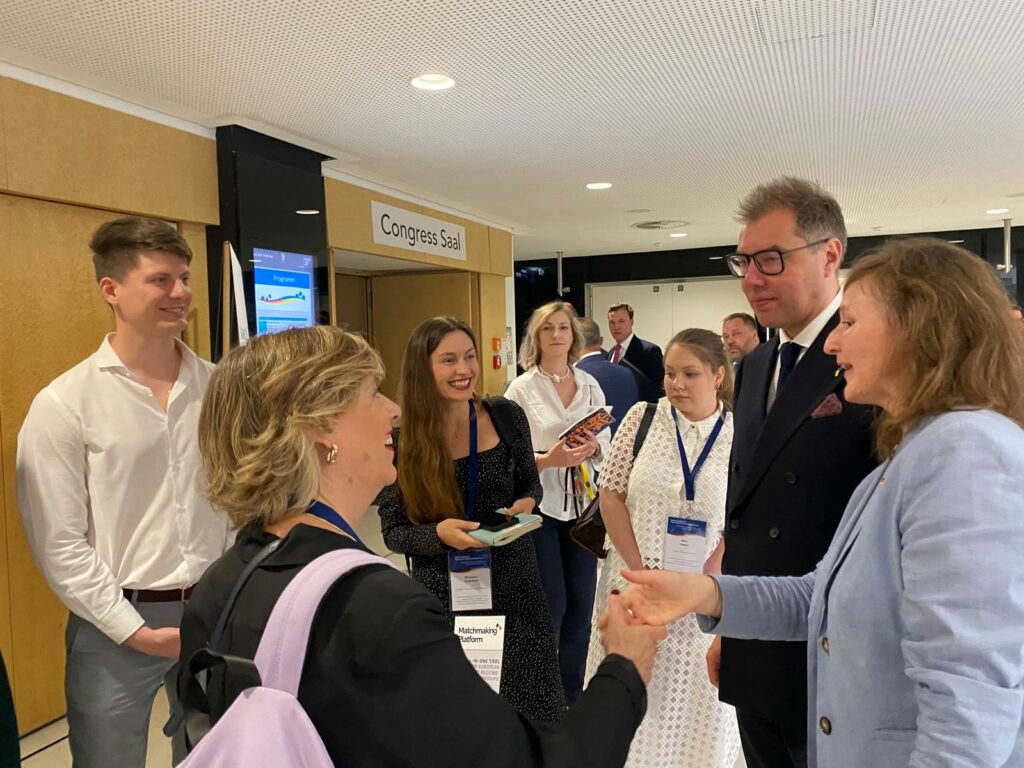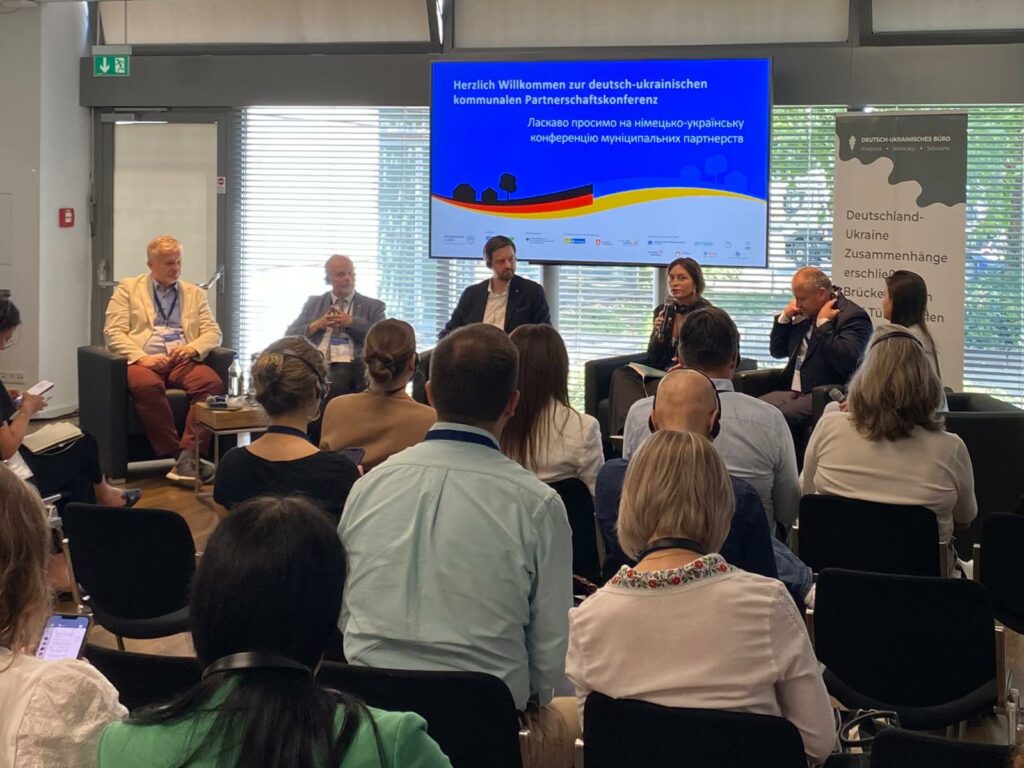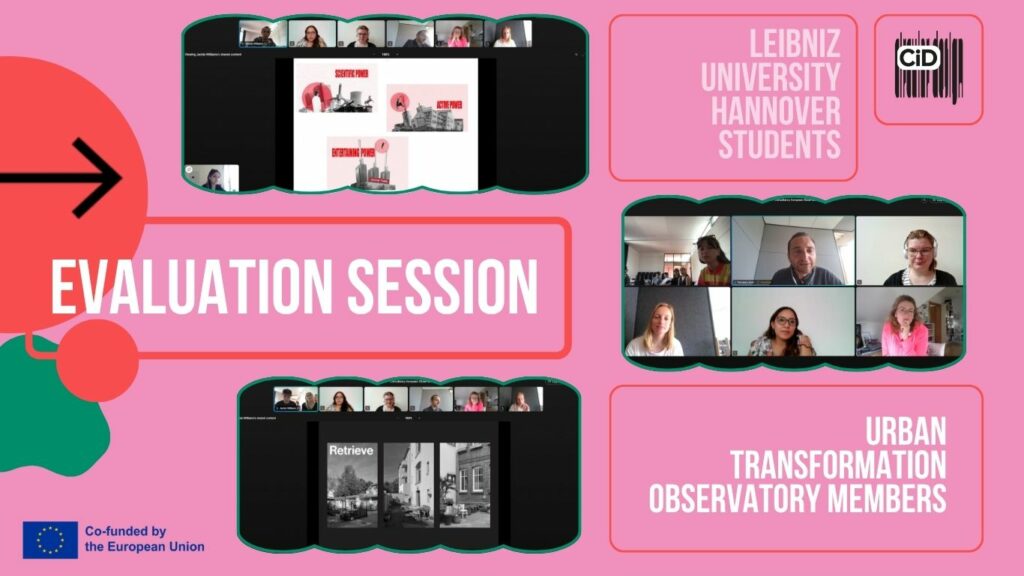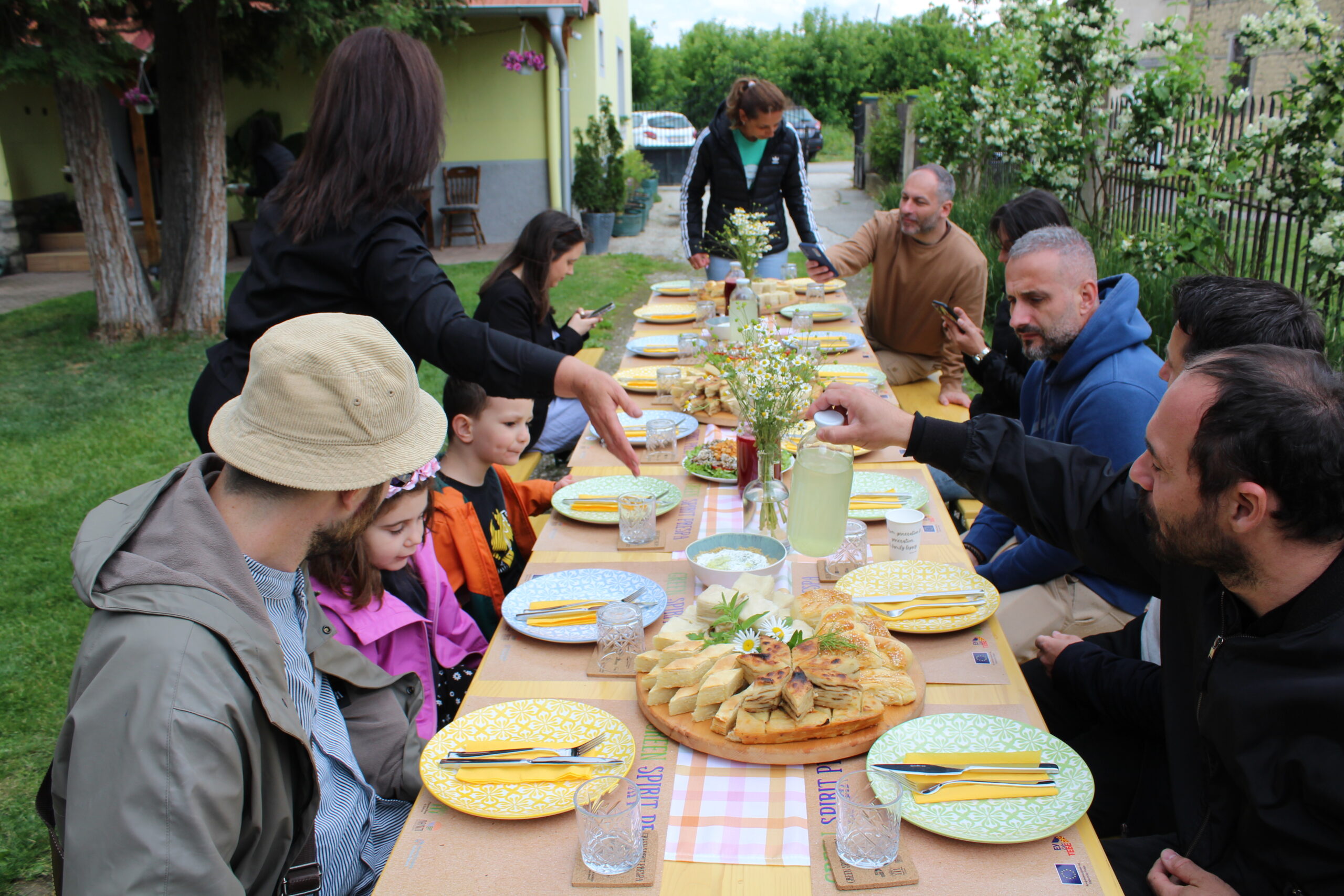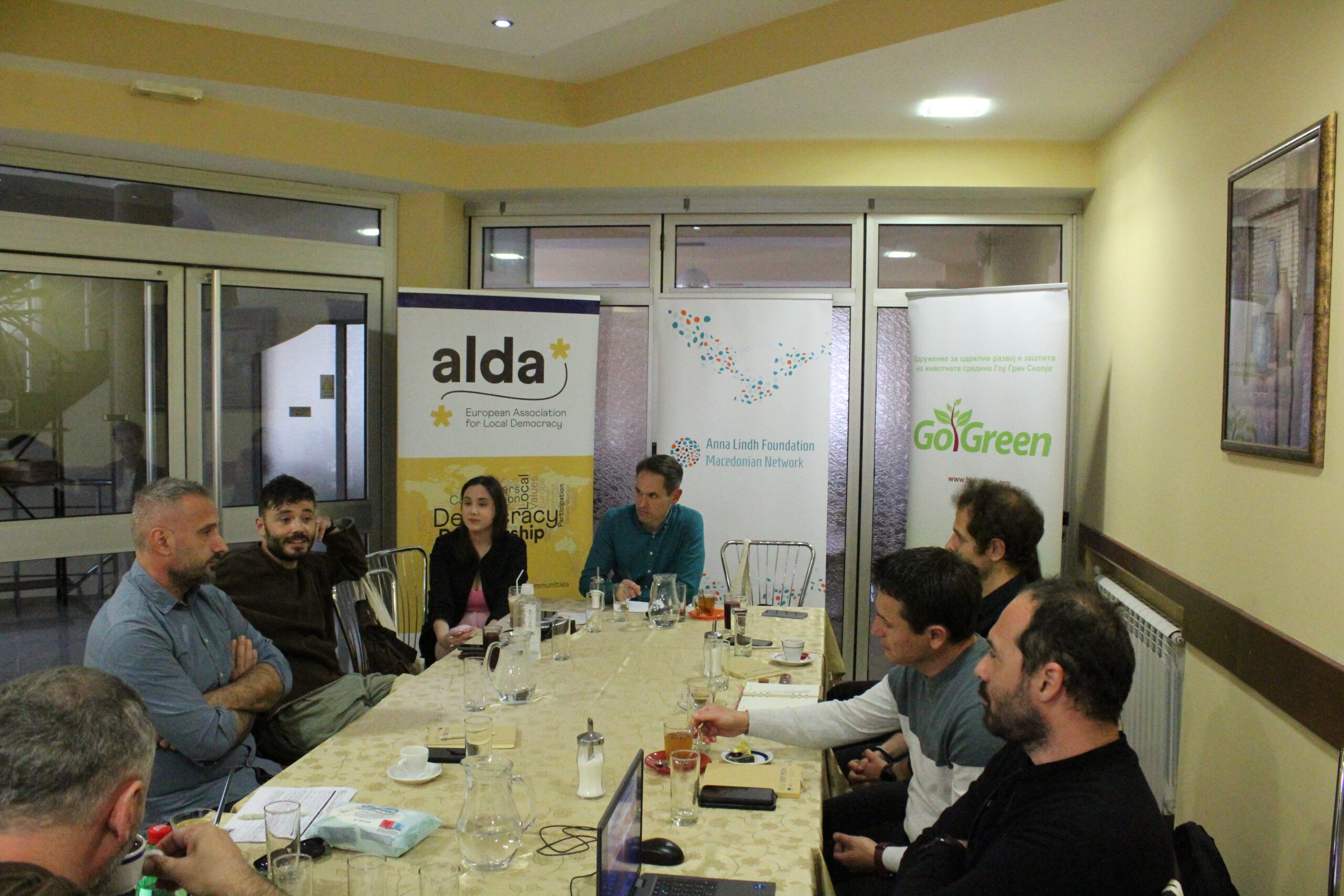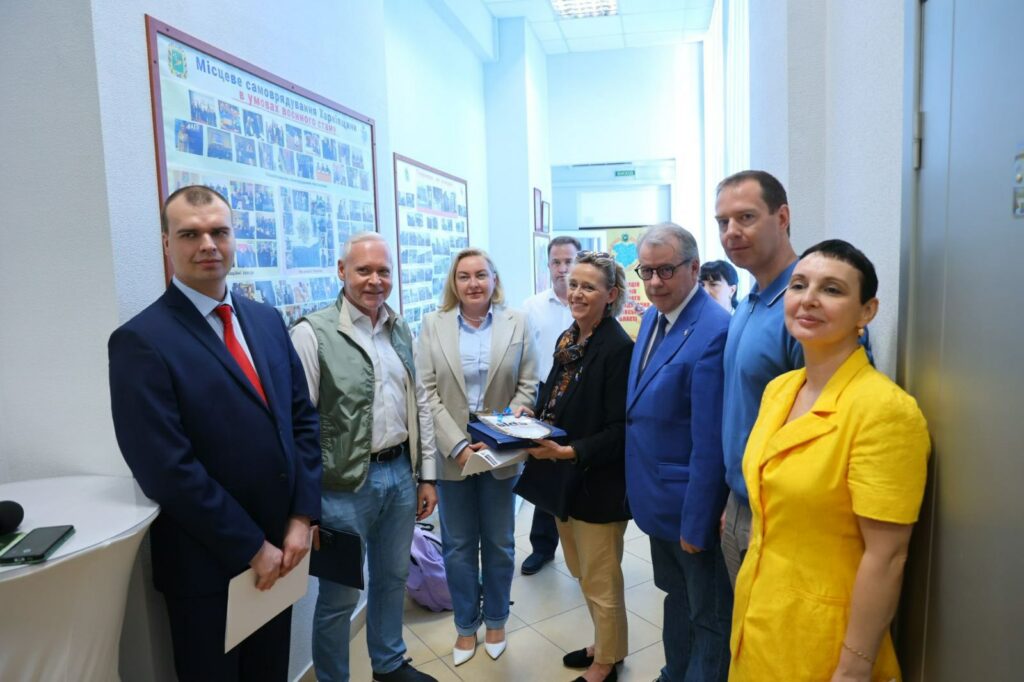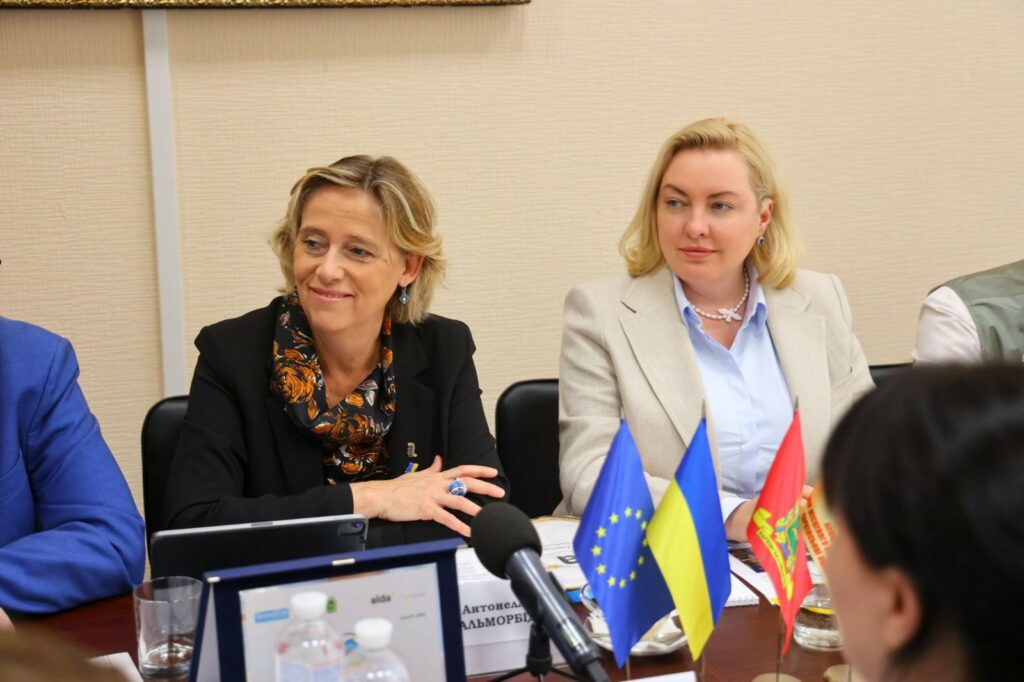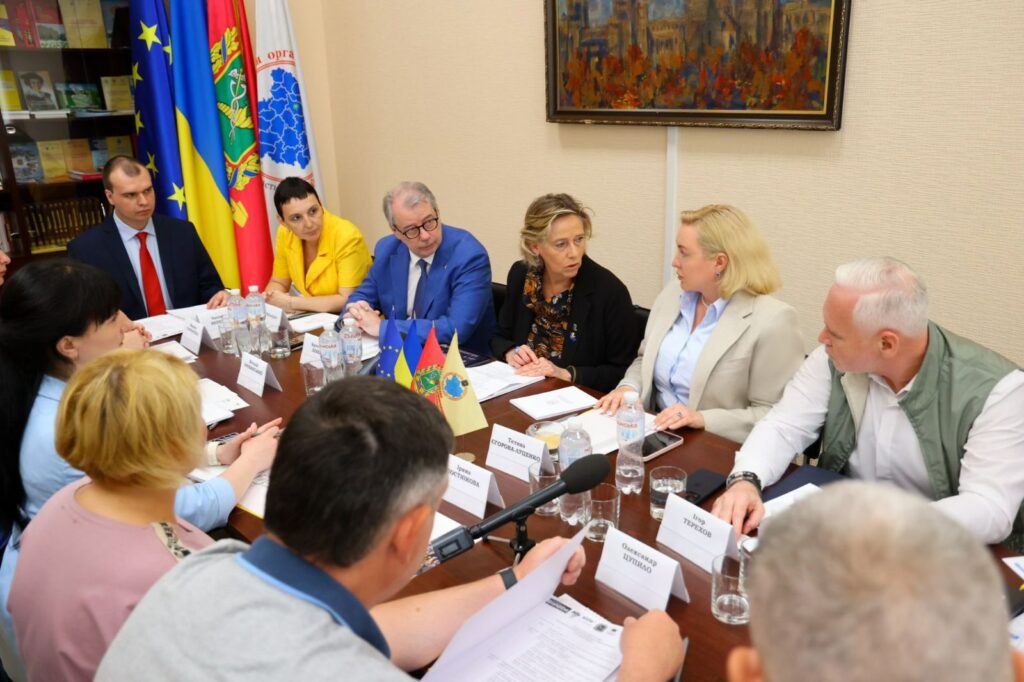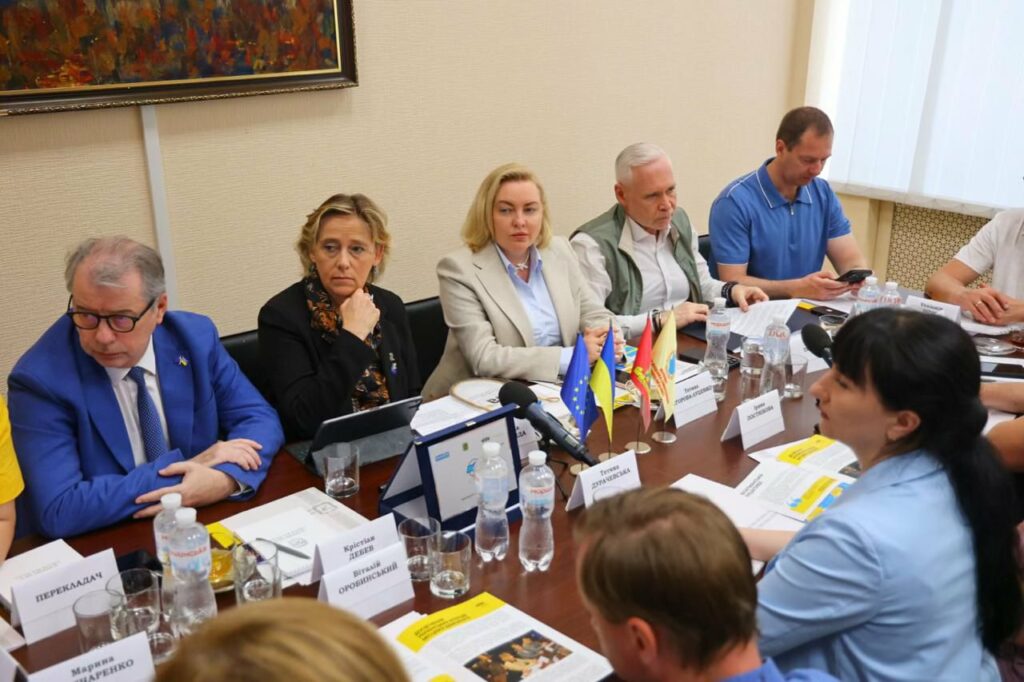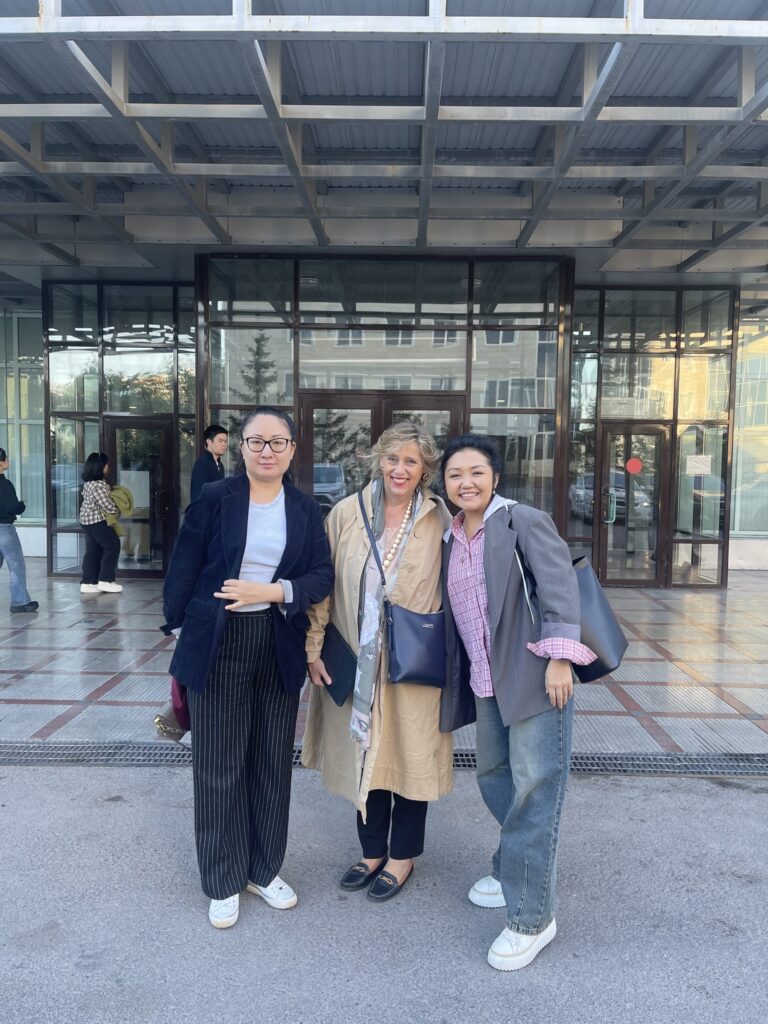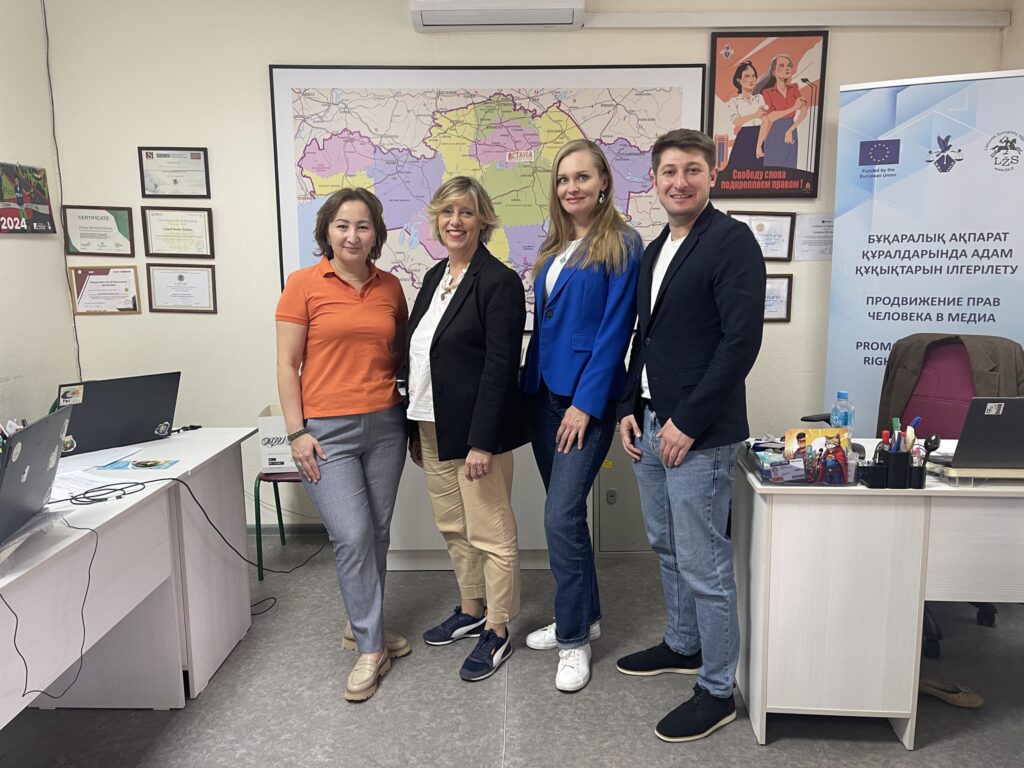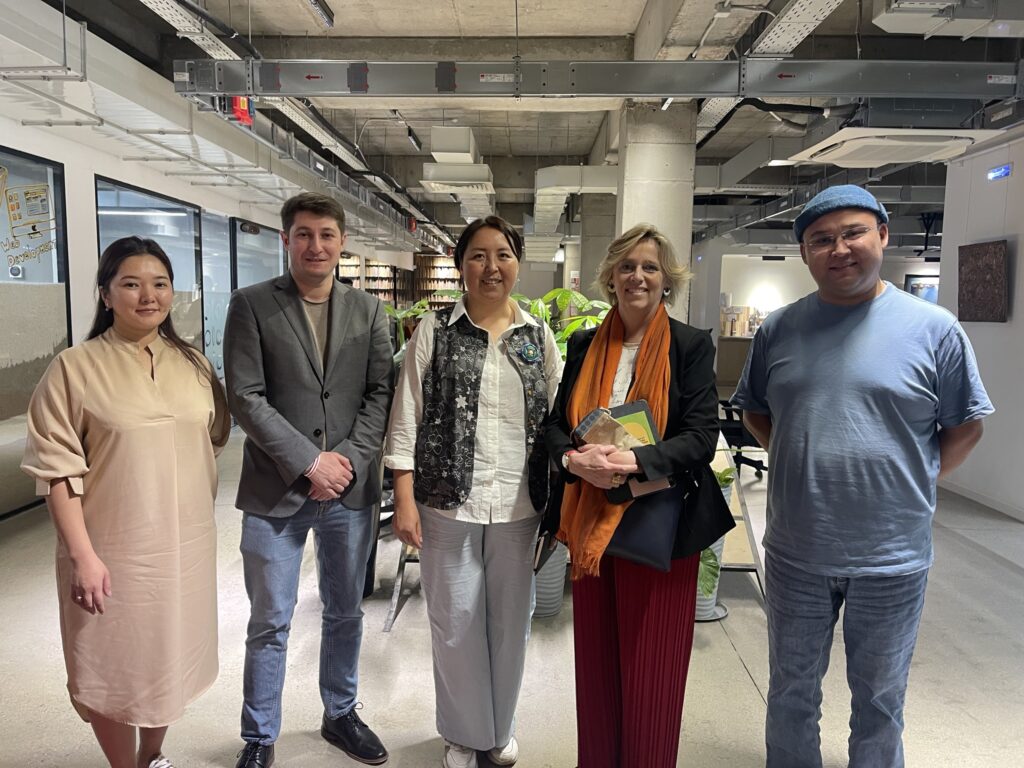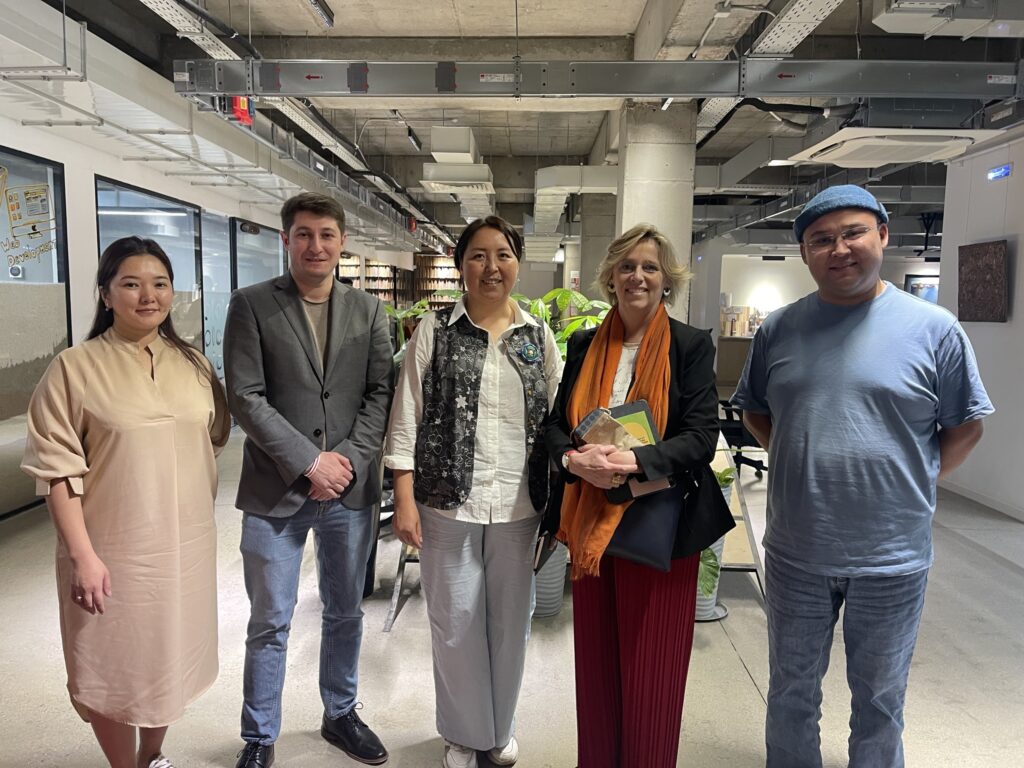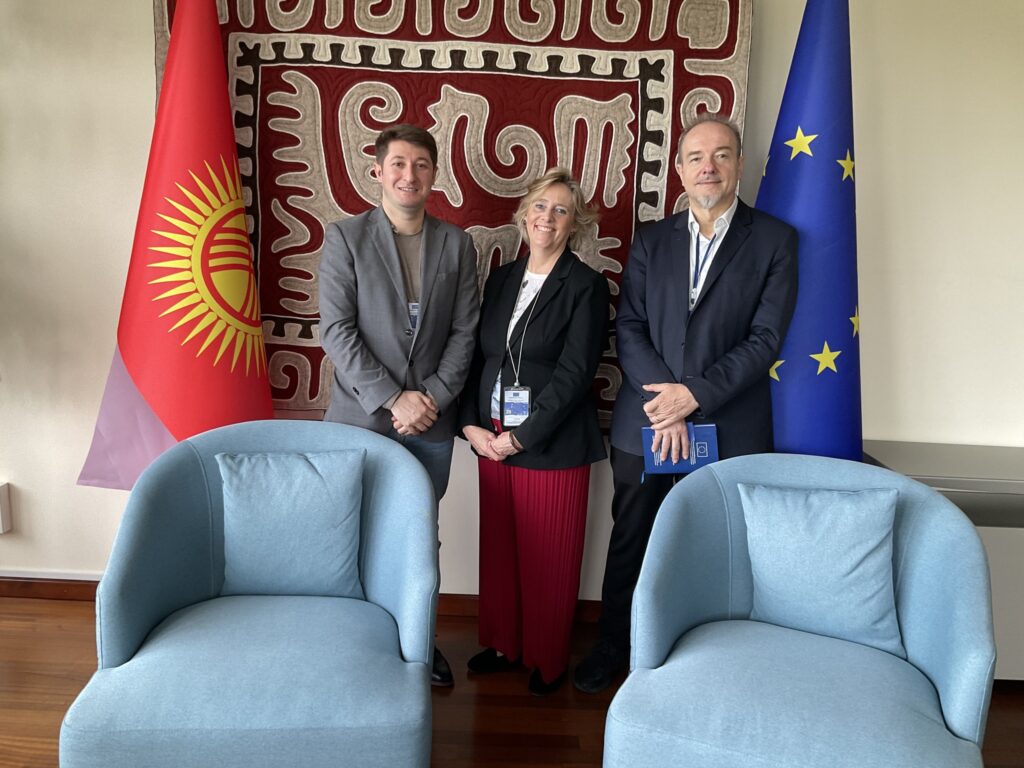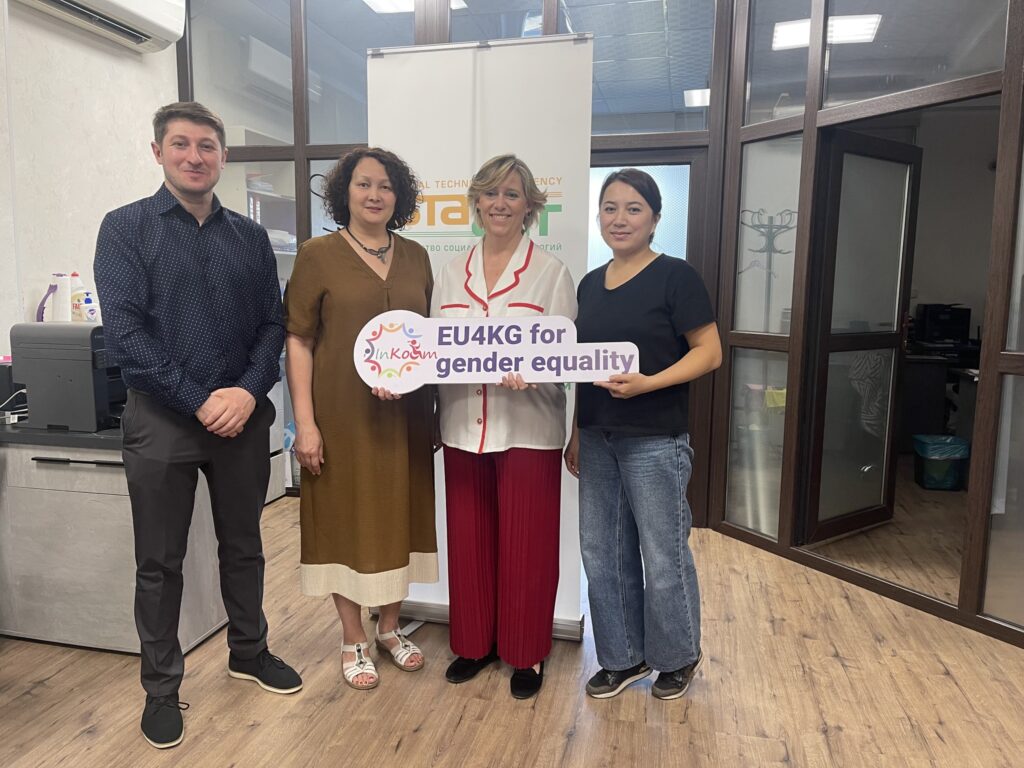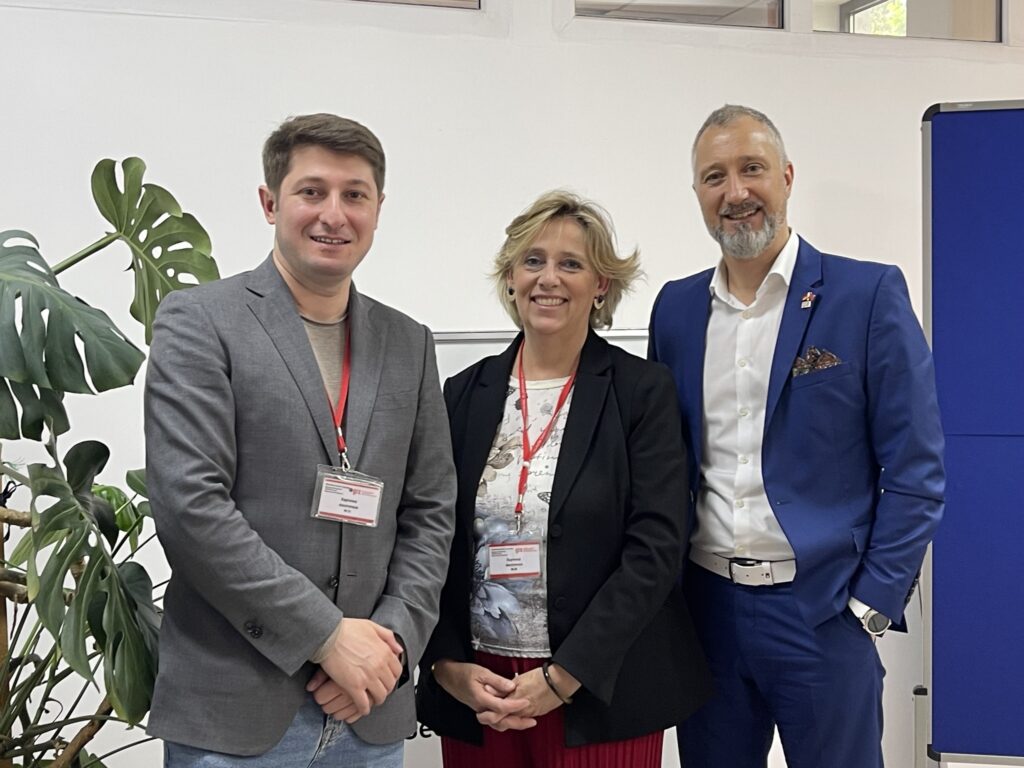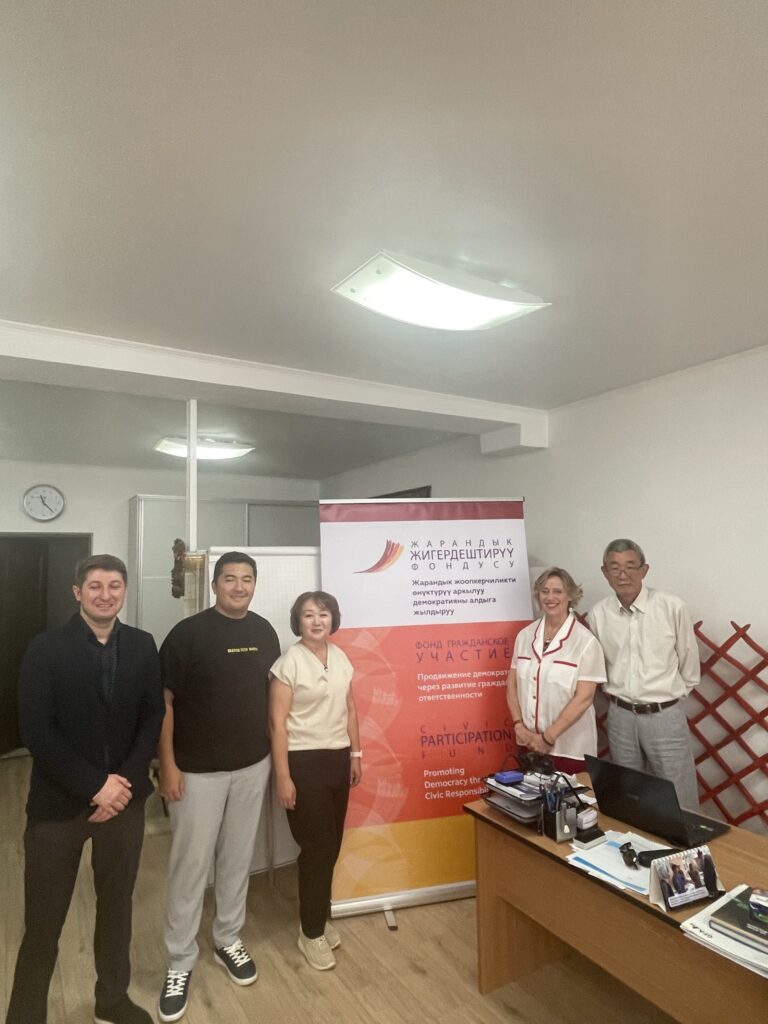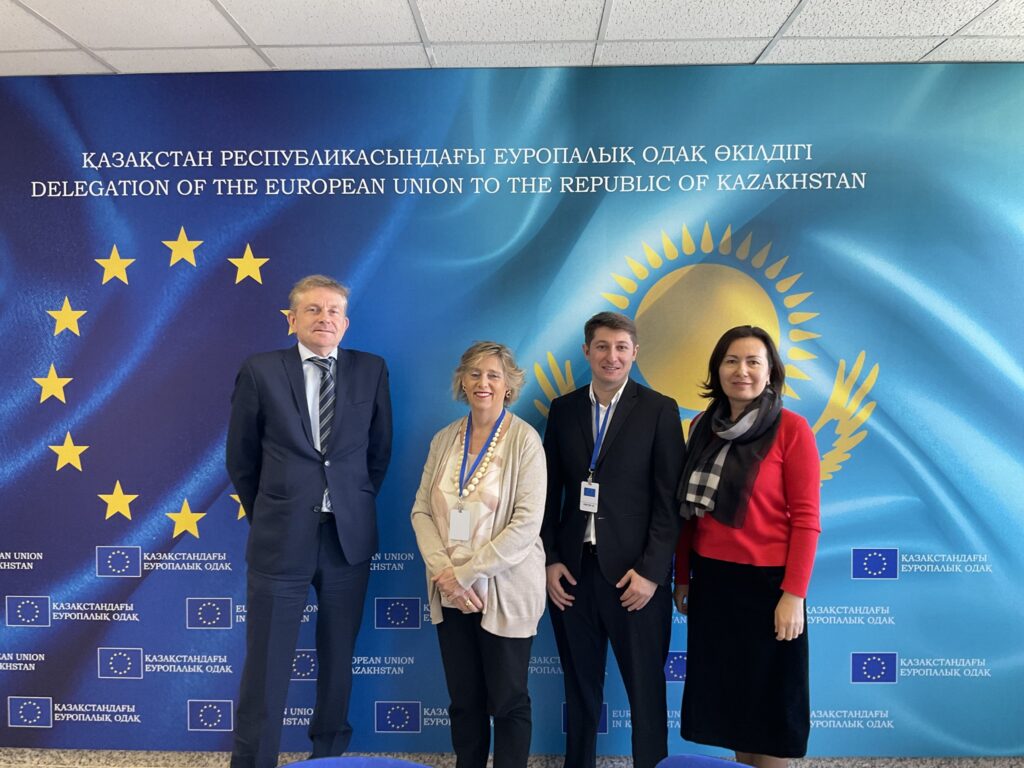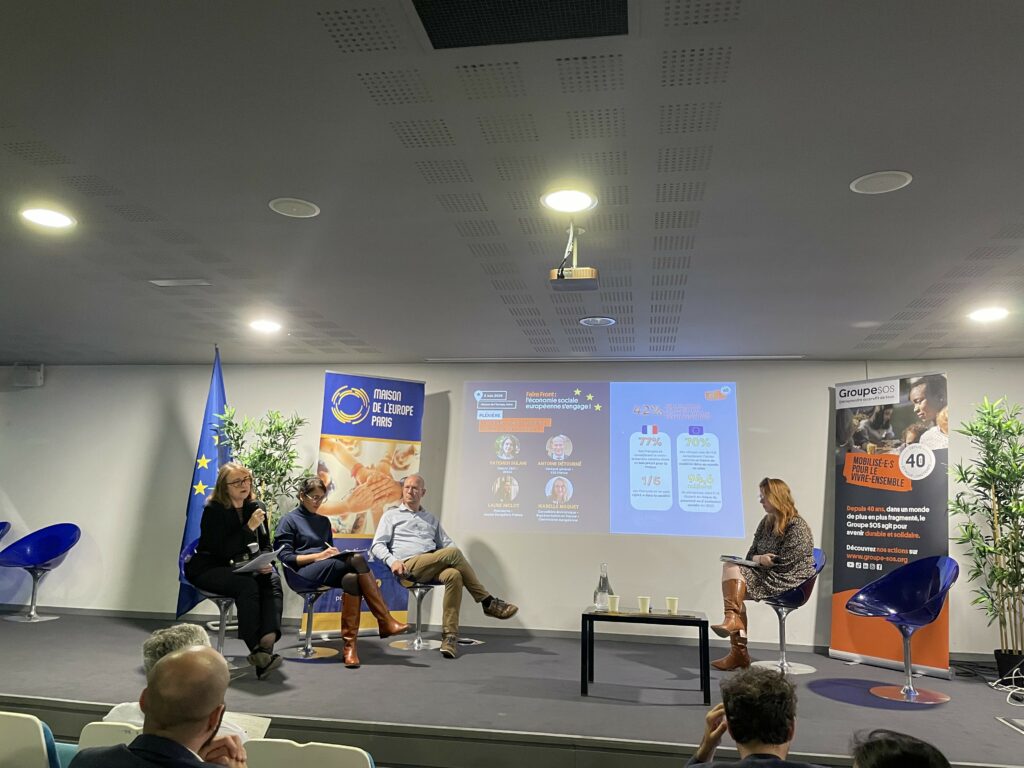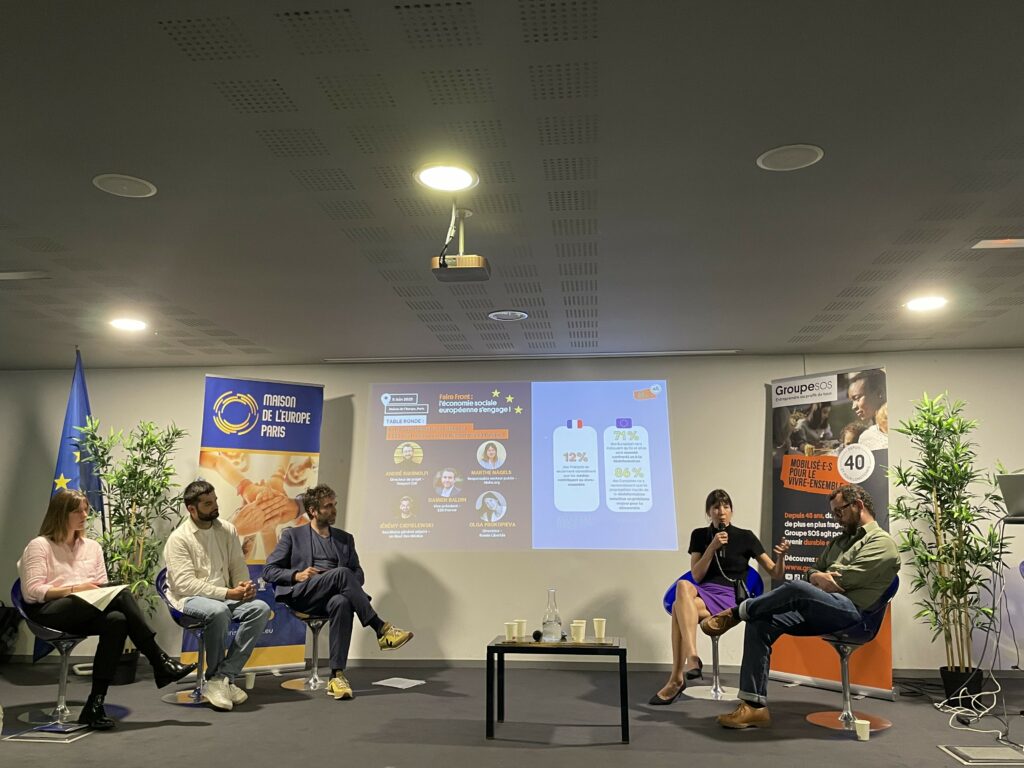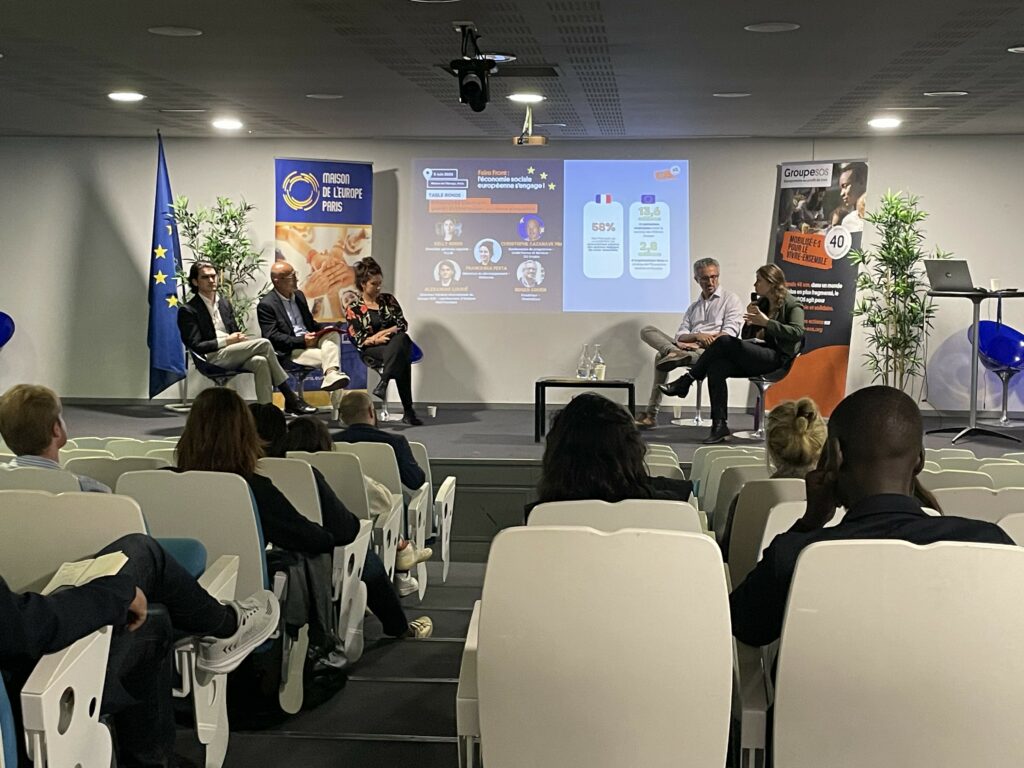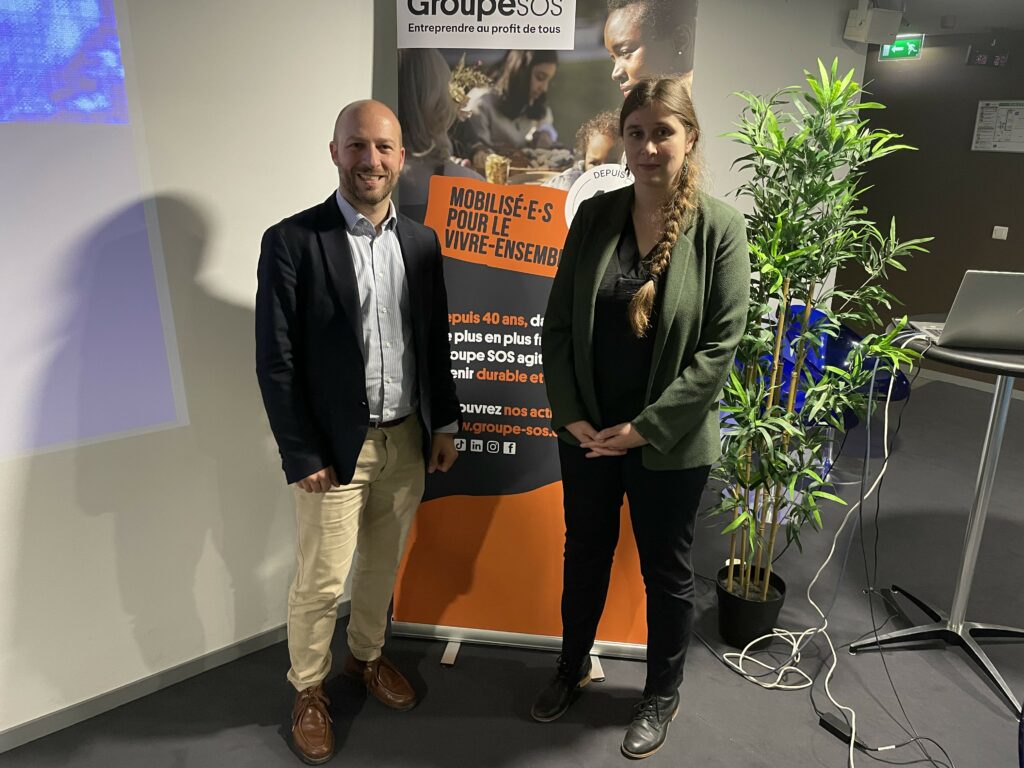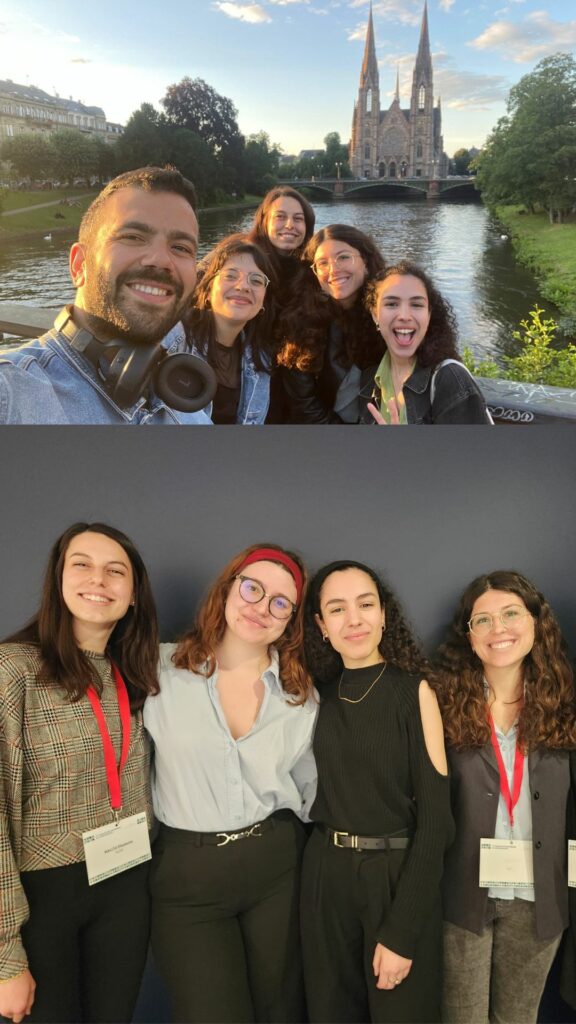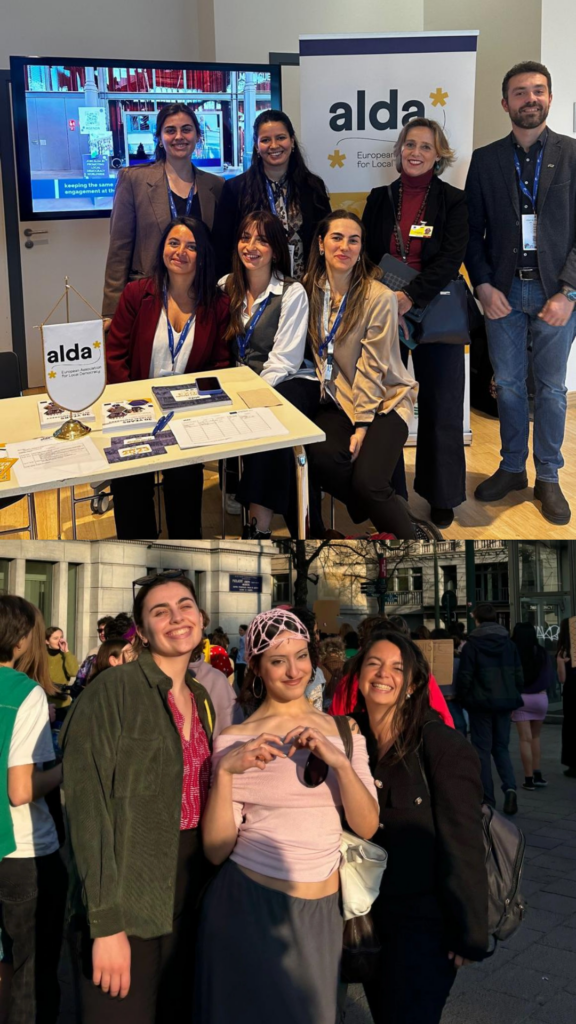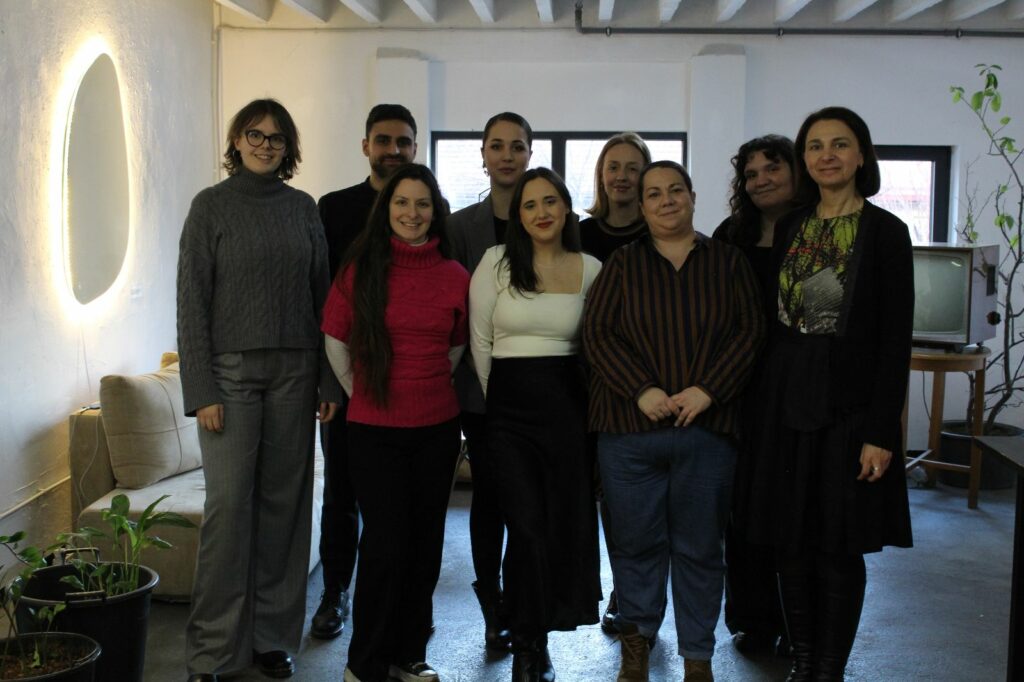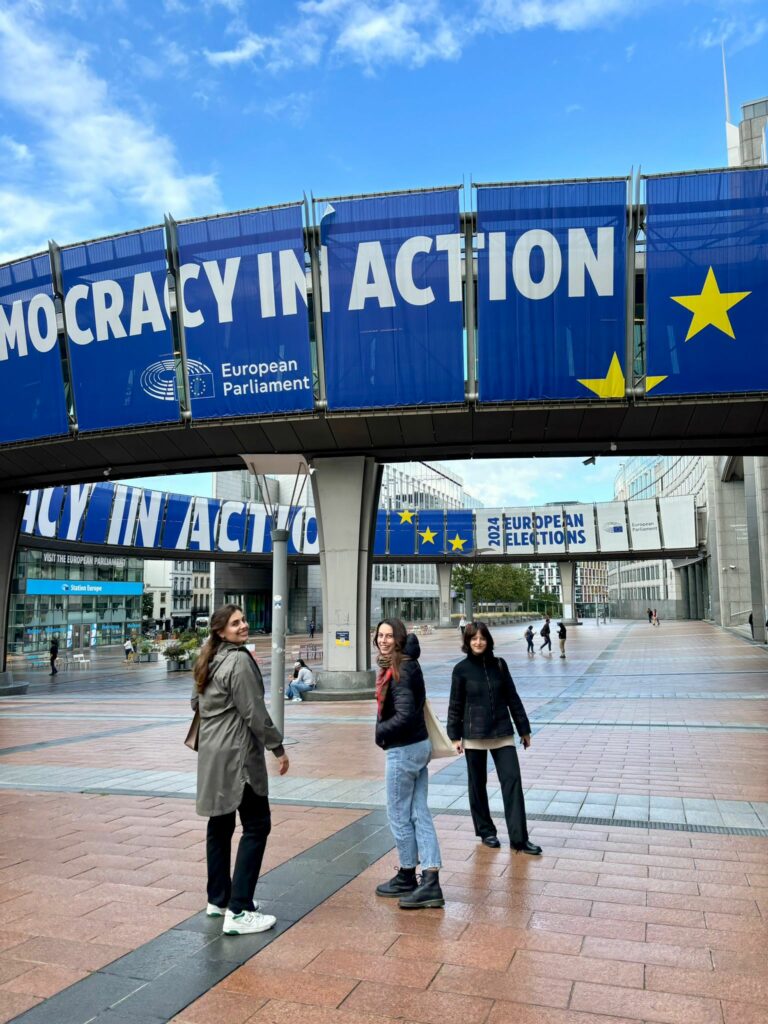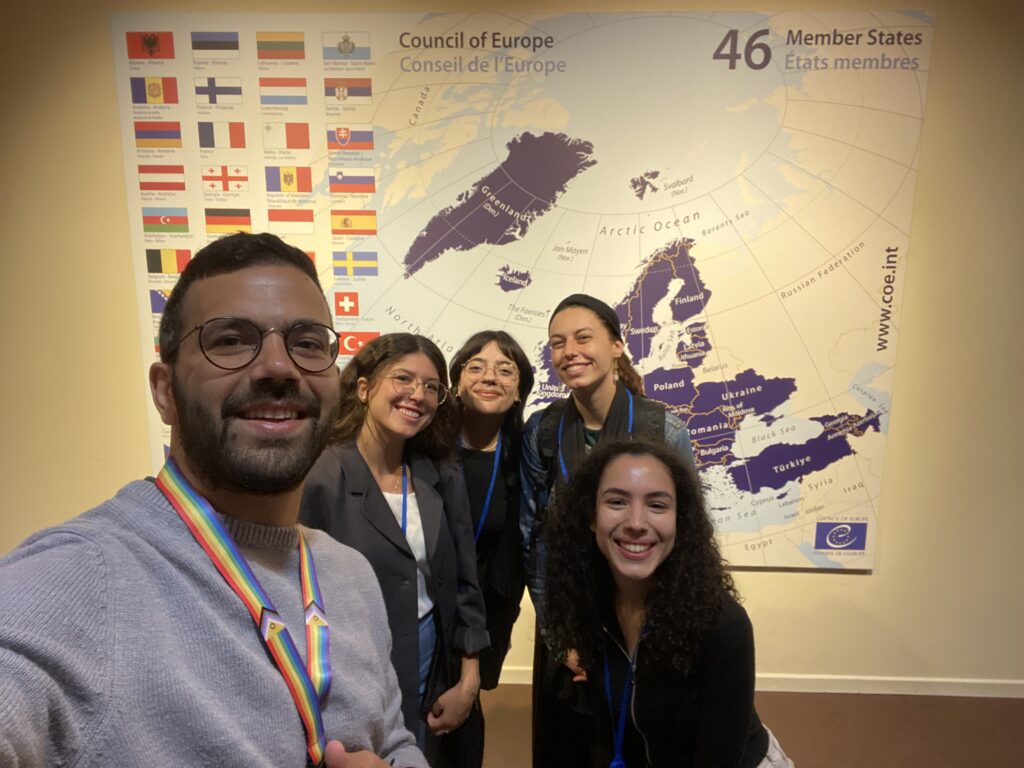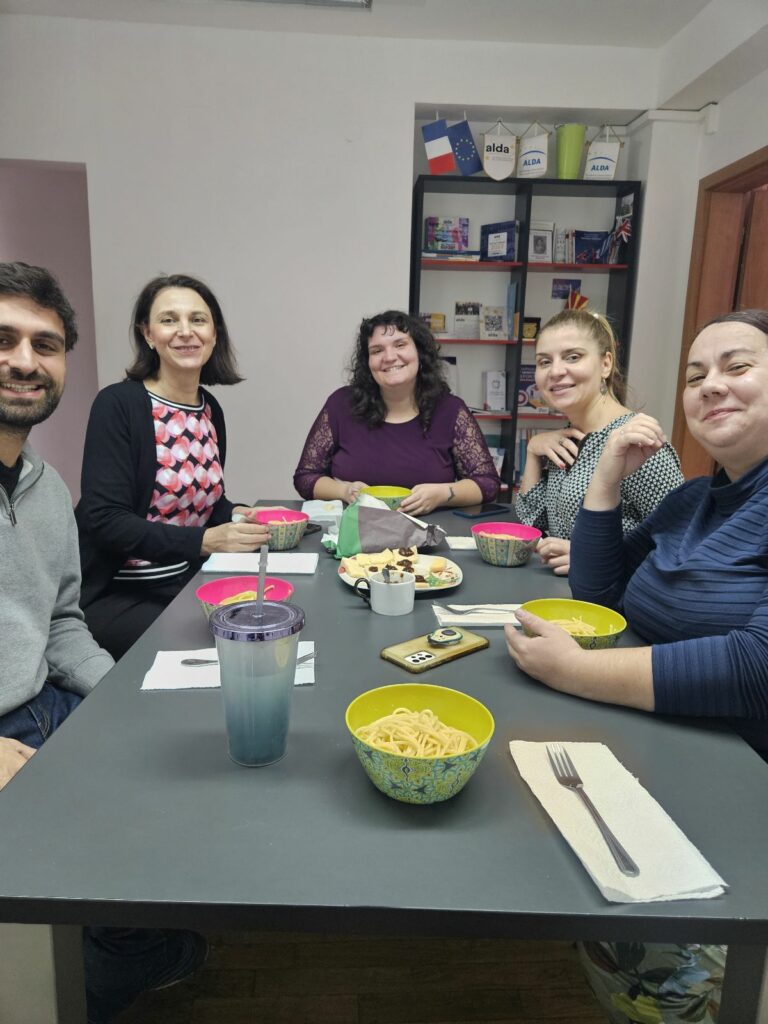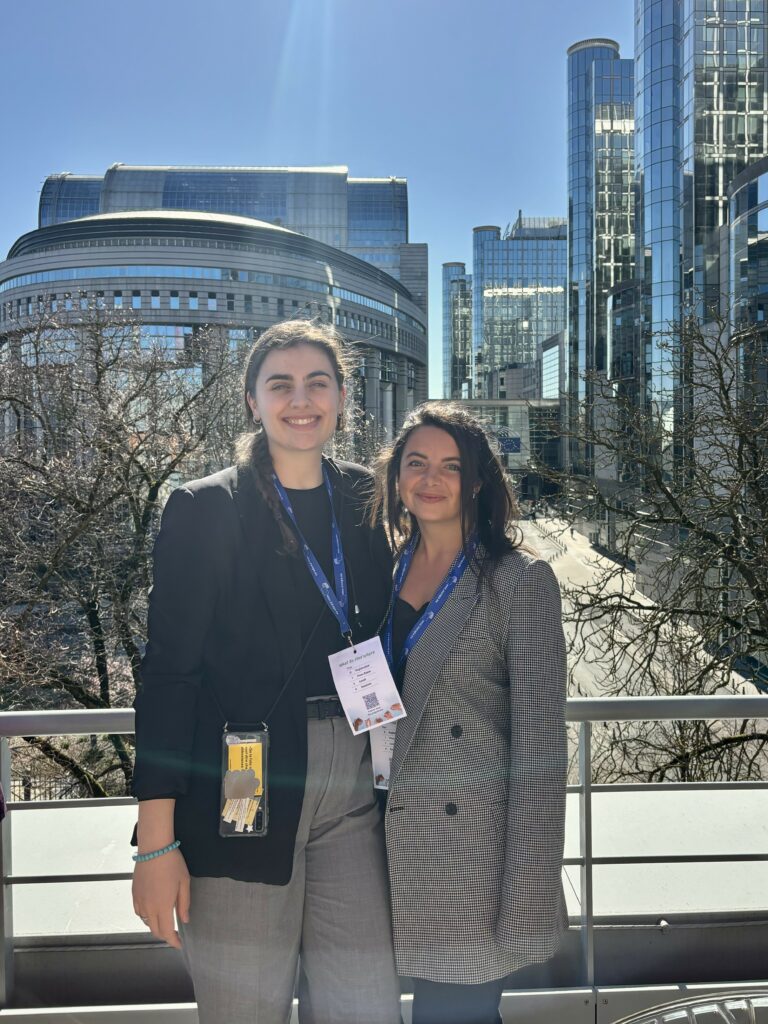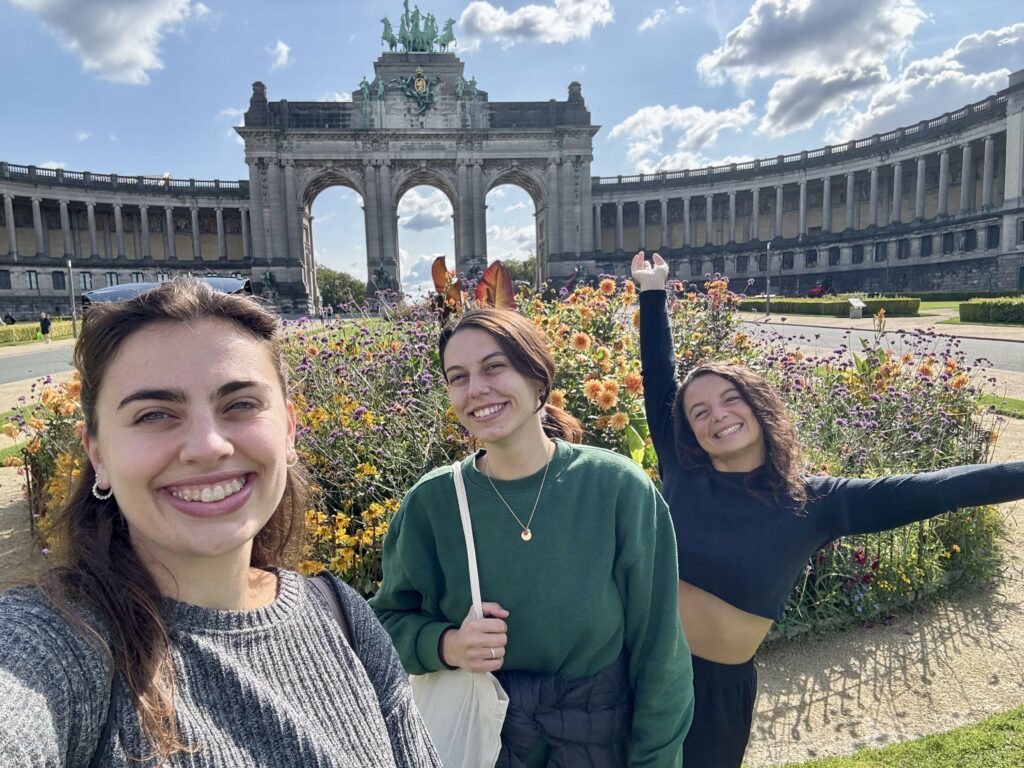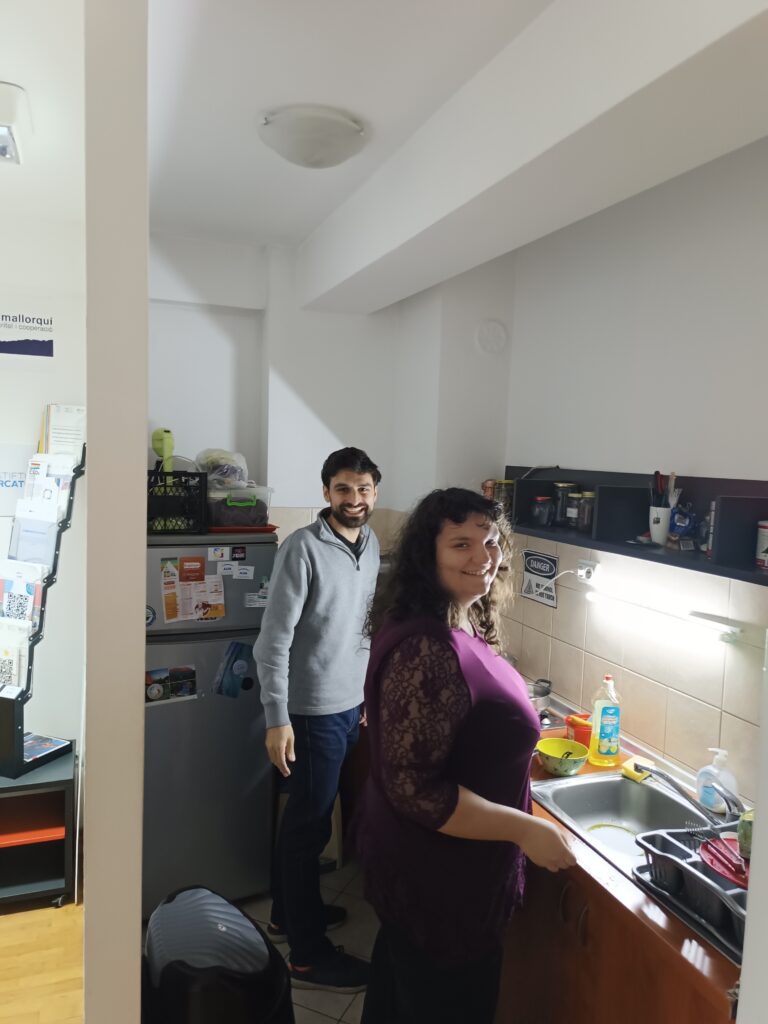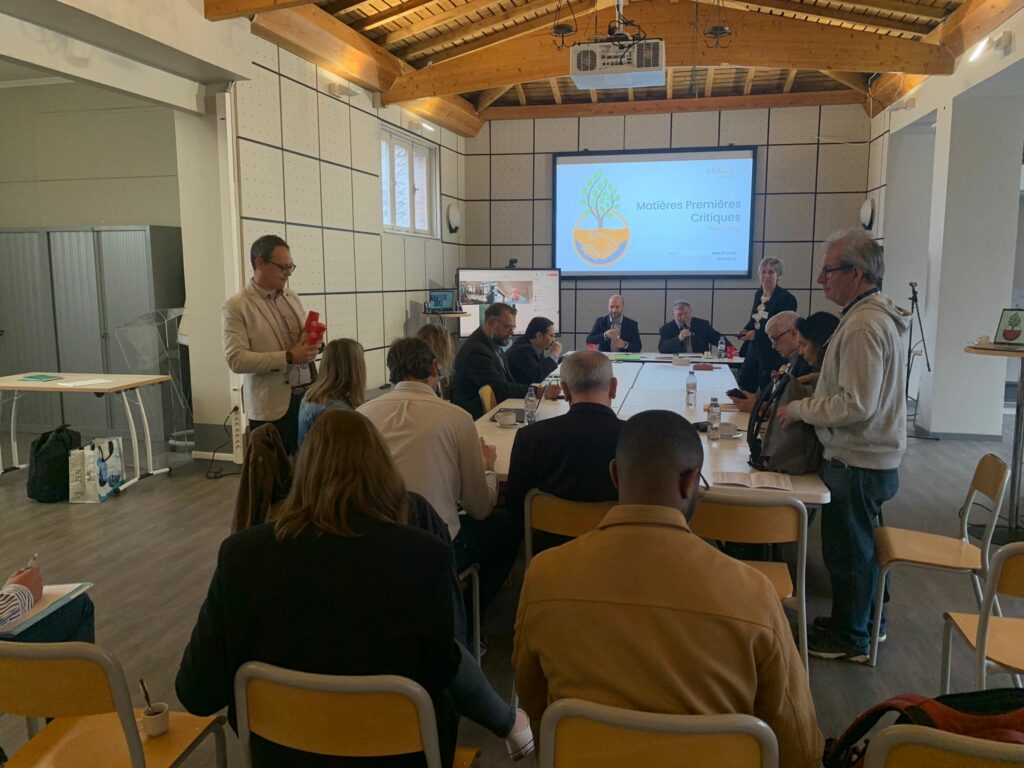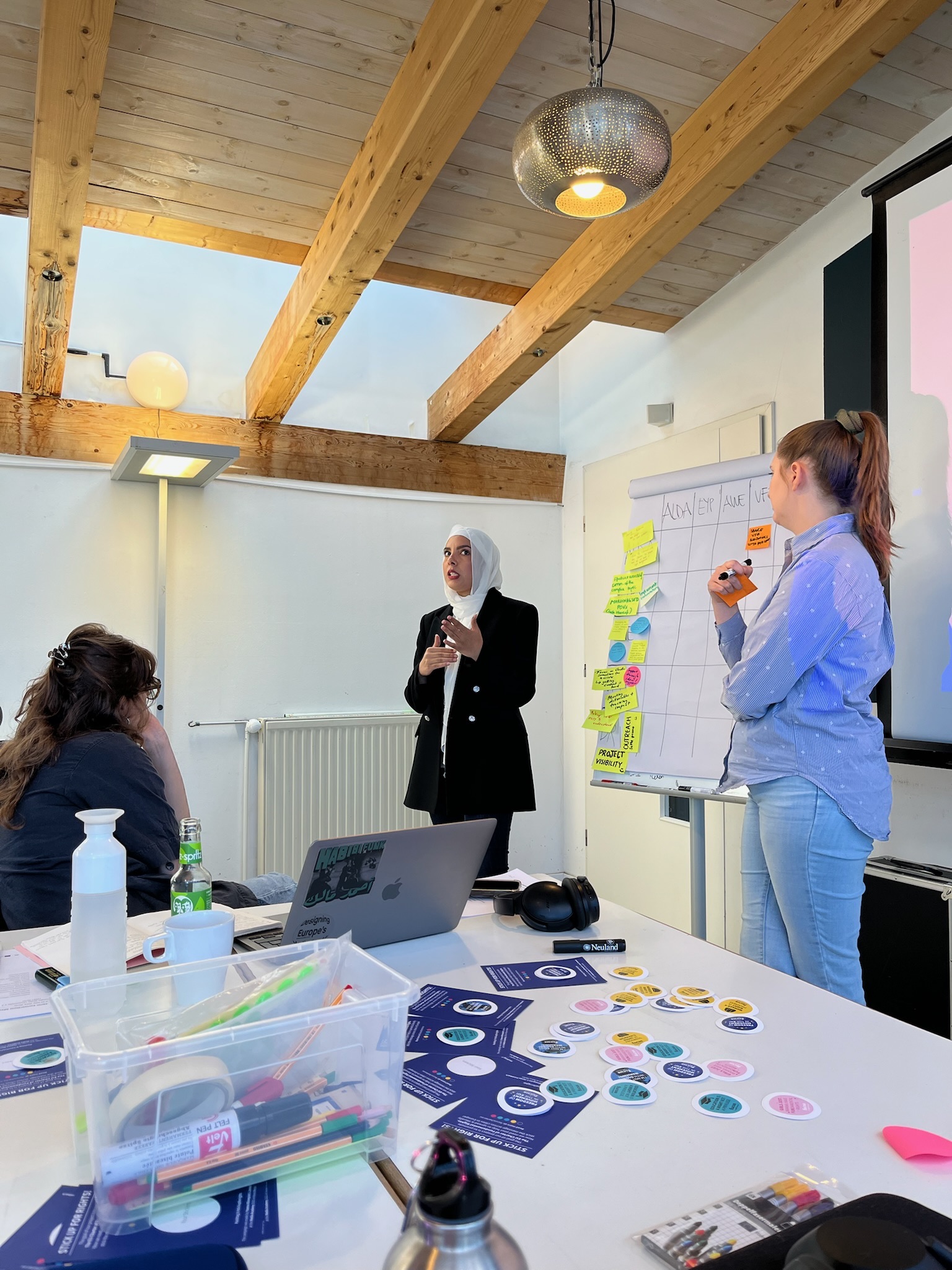On 2 June 2025, the province of Barcelona officially welcomed the launch of the TIPS4UA Internship Programme, a key step in fostering resilience, innovation, and European integration among Ukrainian municipalities. The initiative is part of a broader effort to rebuild Ukraine from the local level, and it reflects ALDA’s long-standing commitment to democratic governance, decentralised cooperation, and peer-to-peer learning.
The TIPS4UA programme – Territorial Internships and Partnership Support for Ukraine – is implemented by the European Committee of the Regions (CoR) in collaboration with U-LEAD with Europe, and developed under the European Alliance of Cities and Regions for the Reconstruction of Ukraine. Its goal is to provide Ukrainian municipalities, or hromadas, with comprehensive technical support, practical training, and institutional guidance in aligning local governance with European values and standards.
As part of this flagship initiative, ALDA has played a central role by leveraging its network of Local Democracy Agencies (LDAs), supporting municipalities in Ukraine and beyond to participate actively in the programme and benefit from meaningful international partnerships.
Strengthening Local Leadership Through Internship and Exchange
The first round of the TIPS4UA internship programme involves four representatives from two Ukrainian hromadas – Vinnytsia and Khmilnyk – both actively engaged in ALDA’s activities through LDA Vinnytsia, one of the newest additions to the network. Over the course of two weeks, these local officials will immerse themselves in the local governance ecosystem of Diputació de Barcelona (#ALDAMember), a long-standing member of ALDA and a key supporter of democratic local development.
The internship offers a unique opportunity to learn from hands-on experience and to exchange best practices in areas such as:
- Participatory governance and decentralisation
- Smart city solutions and climate adaptation
- Sustainable tourism and cultural heritage
- EU project design, funding, and implementation
The inauguration event, held on 2 June at the headquarters of the Diputació de Barcelona, featured welcoming remarks by Mr. Oleg Grabovetskyy, Consul of Ukraine in Barcelona, and Mr. Antoni Montseny, Director of International Relations at the Diputació. The programme included thematic workshops, institutional presentations, and a cultural visit to Palau Güell, offering an integrated approach that combines professional training with cultural exchange.
This kind of immersive experience reinforces the EU’s values of solidarity, cooperation, and local empowerment, and sets a precedent for long-term institutional relationships between Ukrainian and European municipalities.
Field Visit to Khmilnyk: Connecting the Local to the Global
Earlier this spring, as part of its ongoing support to Ukrainian hromadas, an ALDA delegation visited Khmilnyk, a small municipality located in the Vinnytsia region. Despite the challenges posed by the ongoing war, Khmilnyk has demonstrated a strong commitment to innovation, citizen participation, and decentralised governance. The visit highlighted the municipality’s active engagement in the TIPS4UA programme and its growing collaboration with European partners.
Thanks to the collaborative efforts of ALDA, LDA Vinnytsia, and Diputació de Barcelona, two local officials from Khmilnyk were selected to join the internship programme in Spain. This milestone represents a tangible outcome of ALDA’s facilitation role: connecting local realities in Ukraine with strategic support from EU institutions and member cities.
Through on-the-ground engagement and cross-border cooperation, ALDA helps create opportunities for knowledge transfer, institutional growth, and democratic resilience in areas where it is needed the most.
Looking Ahead: The Road to LDA Vinnytsia’s Inauguration
The launch of the internship in Barcelona is only the beginning. In summer 2025, the official inauguration of the Local Democracy Agency in Vinnytsia will take place, further solidifying ALDA’s presence in the region and reinforcing its strategic support to Ukraine’s post-war recovery.
LDA Vinnytsia aims to become a regional hub for democratic development, cross-border partnerships, and civic participation – not only serving the Vinnytsia oblast, but also working closely with surrounding municipalities such as Khmilnyk. Its foundation is the result of long-standing collaboration between ALDA, local stakeholders in Ukraine, and European partners like Diputació de Barcelona, committed to investing in long-term democratic infrastructure.
TIPS4UA: A Platform for Change and a Symbol of Solidarity
Beyond capacity-building, the TIPS4UA programme embodies a deeper mission: supporting the transformation of Ukrainian municipalities into resilient, citizen-oriented, and forward-looking communities that are fully aligned with EU principles. It provides a structured path for learning, dialogue, and implementation – empowering local leaders to develop and deliver projects that directly impact citizens’ lives.
For ALDA, participation in this initiative is not just technical – it is political and values-driven. By contributing to TIPS4UA through its LDA network and member cities, ALDA reaffirms its belief that local democracy is the cornerstone of peace, stability, and European integration.

